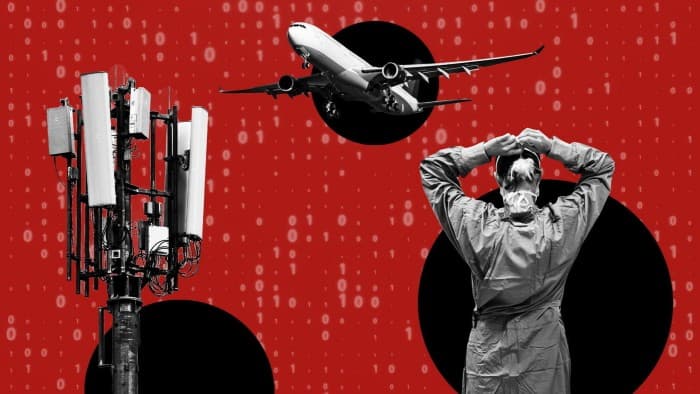Home / Technology / UK's Proposed Ransomware Crackdown Sparks Fears of Service Collapse
UK's Proposed Ransomware Crackdown Sparks Fears of Service Collapse
17 Nov, 2025
Summary
- UK government plans to ban ransom payments to hackers
- Experts warn this could lead to essential services collapsing
- Almost 50% of hacked companies paid ransom in 2024

According to a news report from 2025-11-17T06:43:30+00:00, the UK government's plan to ban operators of critical national infrastructure from paying ransoms to hackers is facing significant pushback. Experts have warned that this measure, if enacted, is unlikely to stop cyber attacks and could instead result in essential services collapsing.
The proposed ban, announced by the Home Office last July, aims to deter cyber criminals by making it clear that any attempt to blackmail regulated companies such as hospitals, airports, and telecoms groups will not succeed. However, companies and cyber security groups have informed government officials that making ransom payments illegal would remove a valuable tool in negotiations where highly sensitive data or essential services could be compromised.
Greg Palmer, a partner at law firm Linklaters, stated that "an outright ban on payments sounds tough on crime, but in reality it could turn a solvable crisis into a catastrophic one." He added that "when critical infrastructure is hit and all backup systems fail, businesses could face an impossible choice: break the law or watch essential services collapse."
The UK's proposed measures come during a rise in the number of high-profile cyber attacks this year, which have targeted retailers, carmakers, and other critical sectors. Experts warn that criminal groups do not care about the legality of their actions and will continue their attacks regardless of the ban.
According to the Sophos State of Ransomware 2025 report, almost 50% of companies that were hacked in 2024 paid a ransom. The UK government's proposed measure could cover 13 sectors deemed critical national infrastructure, but some experts have warned that the move could also deter companies from investing in the UK or moving infrastructure away from the country.




